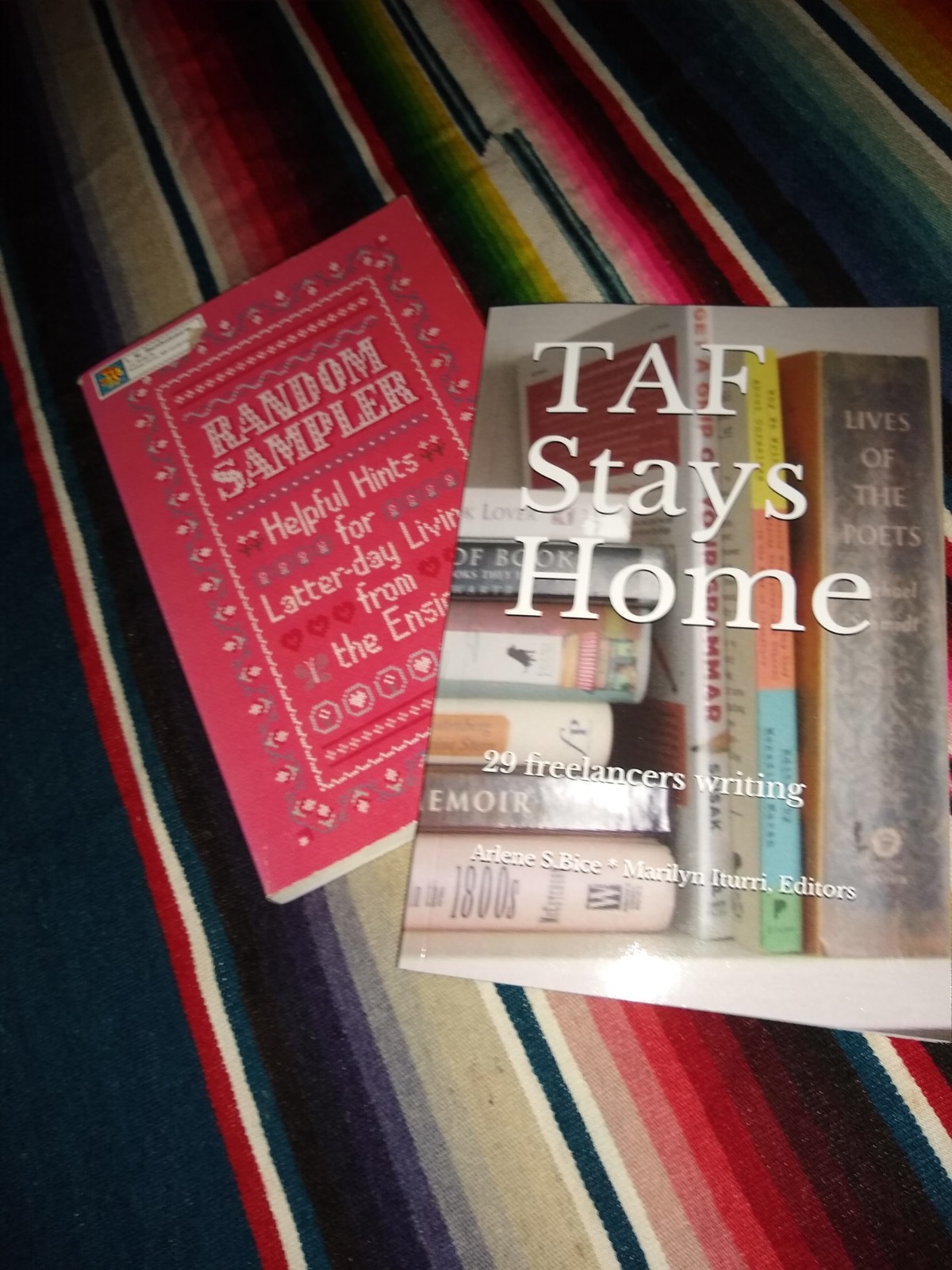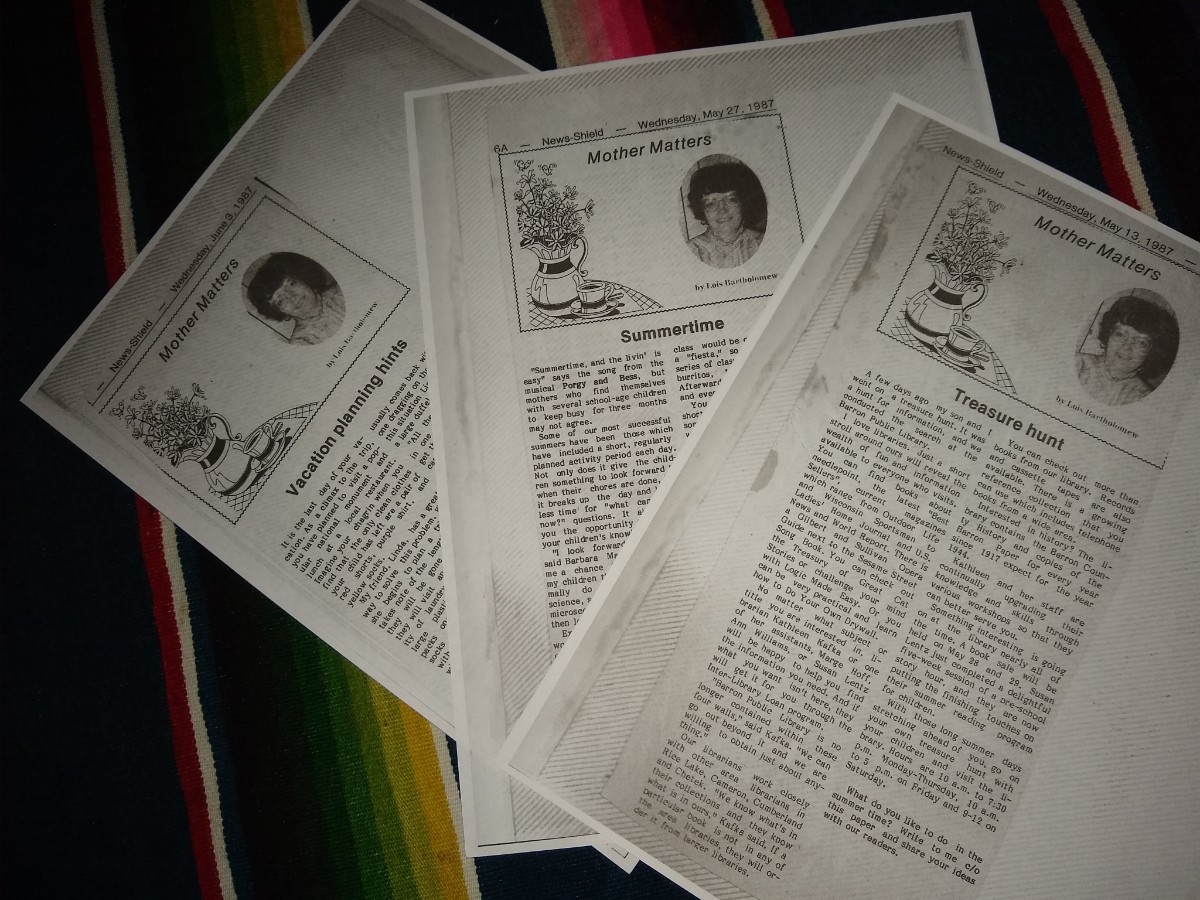Become a Writer
Share the stories in your heart
 Photo by Mikhail Pavstyuk on Unsplash
Photo by Mikhail Pavstyuk on UnsplashHave you dreamed of being a writer? Come and join me on the magic carpet of books and words.
Here are five steps you can take right now toward fulfilling that dream.
1. Find Your Idea
 Photo by Nathan Hanna on Unsplash
Photo by Nathan Hanna on UnsplashThe one question writers are always asked is "Where do you get your ideas?" The reality is, ideas are all around. Once you begin to think and look at things through a writer's eye, you will see them everywhere.
Perhaps you read a newspaper story or a blog post about a dog who rescued a child from a stream. If you are writing non-fiction you might call the owner of the dog to see if there is a story there. Was the dog a trained rescue animal or a mutt devoted to his young owner? Was the stream narrow and swift, or so broad and slow moving that the parents weren't worried about it?
If you write Young Adult fantasy your imagination is the key. You will leave the reality of the newspaper story and build another world. Does the stream lead into a cave? Does the dog have to race to pull the child out before he is sucked into the darkness? Is the stream on earth, or is it on another planet?
2. Decide on the best expression of that idea.
 Photo by Christina Brinza on Unsplash
Photo by Christina Brinza on UnsplashWhat if, on your morning walk, you pass a garden with the iris in full bloom? Your writer's soul wants to share that beauty with the world. Will you create a poem, as William Wordsworth did about the daffodils? Or do you imagine a picture book story, a blog post or a short story?
You are the writer. You get to decide.
3. Sit down and write.
 Photo by Alex Kotliarskyi on Unsplash
Photo by Alex Kotliarskyi on UnsplashThis is perhaps the hardest part of the process, but it is also the most fun and the most satisfying. You have to sit in your chair, or stand at your desk, and write. Whether you are jotting down handwritten notes in a journal, writing an email or blog post, composing a poem or crafting a novel, the words never write themselves. That is up to you.
4. Proofread and edit your manuscript.

Here again you have choices to make. Some writers hire professional editors to look at their work. Some run their paragraphs and sentences through an electronic editing program. Others hire college students majoring in English. Some pass their stories around to members of a writing group.
But just as a fine table is carefully assembled with wood cut to exact measurements, then sanded more than once, coated with stain, varnished and finally burnished to a shine, your written work needs to be carefully revised and polished before it is sent out into the world.
5. Share your writing.

Who are you writing for? Who is your audience? Is it an opinion for the Op-Ed pages of your local newspaper? Are you writing your memoirs for your children and grandchildren? Or is this your latest "Who-Done-It" that is already promised to an editor?
Here again you have a myriad of choices. No longer is a writer limited to a handwritten letter or a typed manuscript. The internet has exploded with ways and means of publishing your work that were not even imagined a decade ago. You can opt for submitting your work to traditional book and magazine publishers, or you can step into the world of electronic publishing and put your writing out into the world as an ebook or print-on-demand paperback.
Whatever home you choose for your article or story, don't be shy about sharing it with others. What you write is important. It can enrich the lives of all those who read it.
